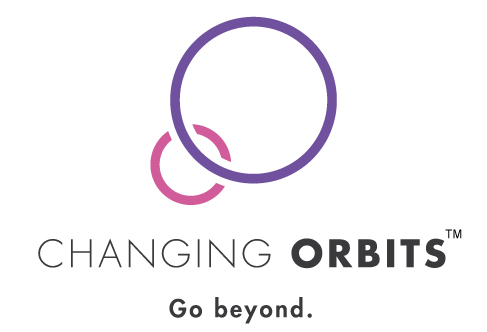
The Pandemic Mental Health Toolkit #1: CEOs
Is there REALLY a Mental Health challenge in Corporate India?
The looming mental health challenges are yet to be addressed ‘head-on’. As per a LinkedIn Workforce Confidence Survey (2020), two in five professionals are experiencing increased stress and anxiety due to the pandemic.
As a CEO, why do I need to prioritize mental well-being NOW?
As per a Microsoft internal survey conducted last year, close of 1/3 workers in India said they were facing burnouts. 41% respondents cited lack of separation between work and personal life is negatively impacting their well-being.
Meet the Expert – Indu Rao
Indu Rao is a renowned behavioral science practitioner with 4 decades of rich experience in the corporate & social sector.
Indu specializes in Individual, Interpersonal & Intrapersonal facilitation. Her vast repertoire of clients includes Standard Chartered Bank, RPG Group, IDFC, Shoppers Stop, WHO Geneva & Cuddles Foundation.
Following are crowdsourced queries/concerns crowdsourced from my CEO network & Ms Rao’s responses.
Q. Low employee morale is significant due to ‘death and dying’ all around us. How can I uplift employee morale?
A. Low employee morale can be due to multiple reasons. Grief is in the air. ‘Death & Dying’ may or may not have directly affected the employees, but listening to news or the uncertainty of life itself can pull down morale.
Implement the following:
a: Encourage employees to participate in anonymous emotional surveys to understand the common issues. b: Lead live interactions with employees to address some of the larger issues. c: Implement smaller initiatives to demonstrate action taken towards these issues..
Repeat the process at regular intervals.
Q. There is a strong likelihood of financial hardship for the employees and company going ahead. How do I address this with the employees, when the morale is already low?
A. Honesty always works. Communicate transparently to teams on the realities of the emerging situations and the resultant impact on them. Also, share initiatives being taken by the leadership to combat the challenges. Seek creative measures to translate adversity into opportunity. For instance, a travel company sponsored their team for certification in insurance sales and launched a new line of services. Employee morale was high as they had re-skilled, learnt something new and had opportunities to sell another product.
Q. Some jobs need to go. What & How do I communicate to those that will receive a termination notice. How do I address the incremental fear and anxiety with the rest of the organization?
a: Ensure that the process of making choices on who stays & who leaves is fair and transparent. Connect the decisions being taken to the future outlook of the business.
b: As and when possible, give the outgoing employees sufficient time so that they can seek alternate options or get professional career planning counselling.
c: Communicate directly with the remaining employees & assure them on their future role & security. Share your broad plans on recovering the business.
d: Discourage them from creating gossip pits within, and instead encourage them to speak to team leaders on their anxieties in private.
e: Create small competitions & projects to redirect employee energies towards the new direction the business plans to take. Encourage them to participate in them to build a higher sense of ownership with the organization.
Q. What are some strategies that the CEO can initiate for team building & bonding activities in a WFH environment?
a: The CEO first & foremost needs to make himself/herself accessible to the employees.
b: Create forums for sharing knowledge/experiences across teams and functions.
c: Have non-work events which augur and celebrate their personal creativity & talents.Invite their families & loved ones to participate in them, occasionally.
d: Create networks led by seniors that encourage them to upskill & reskill.
e: Create curated online resources on the industry, skills such as TED Talks etc. so that they are engaged meaningfully and voluntarily.
Q. How can the CEO build a culture that augments mental well-being across the organization?
a: Lead from the front. Have a regular schedule to participate with employees.
b: Encourage speaking up.
c: Have managers trained to LISTEN.
d: Use external professional Mental health support to listen to the staff, when needed.
e: Provide platforms for employees to be heard without being judged or ridiculed.
Q. Why must the CEO consider hiring an organizational psychologist?
A. Indian Companies have recently started realizing the value and importance of mental wellbeing and its resultant impact on the company’s financial and future performance. It is imperative to ensure that certified & trained professionals are engaged for mental well-being interventions. Using inadequately trained professionals can do damage rather than salvage the situation.
In summary, Indu reiterates that Leadership is lonely. Being a CEO can at times be lonely. Leaders should not hesitate in engaging the services of a capable professional for their individual mental health or for their organizational’s mental well-being.
Indu can be contacted at indusrao@gmail.com
